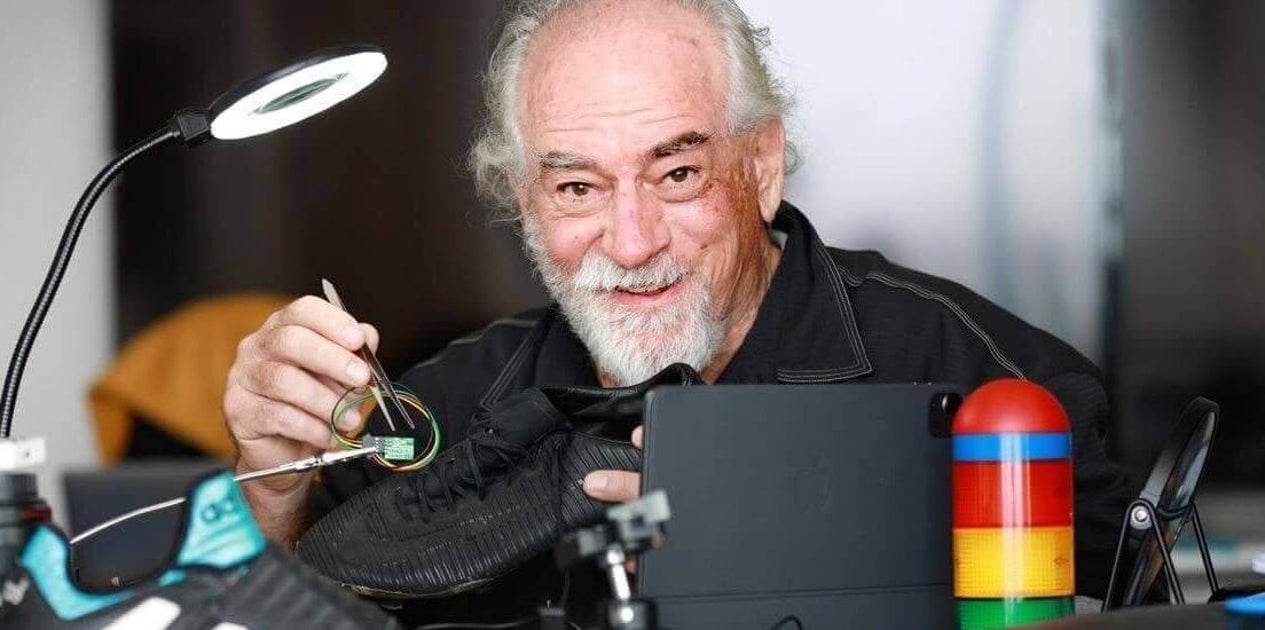The Extraordinary Life of Craig Johnston
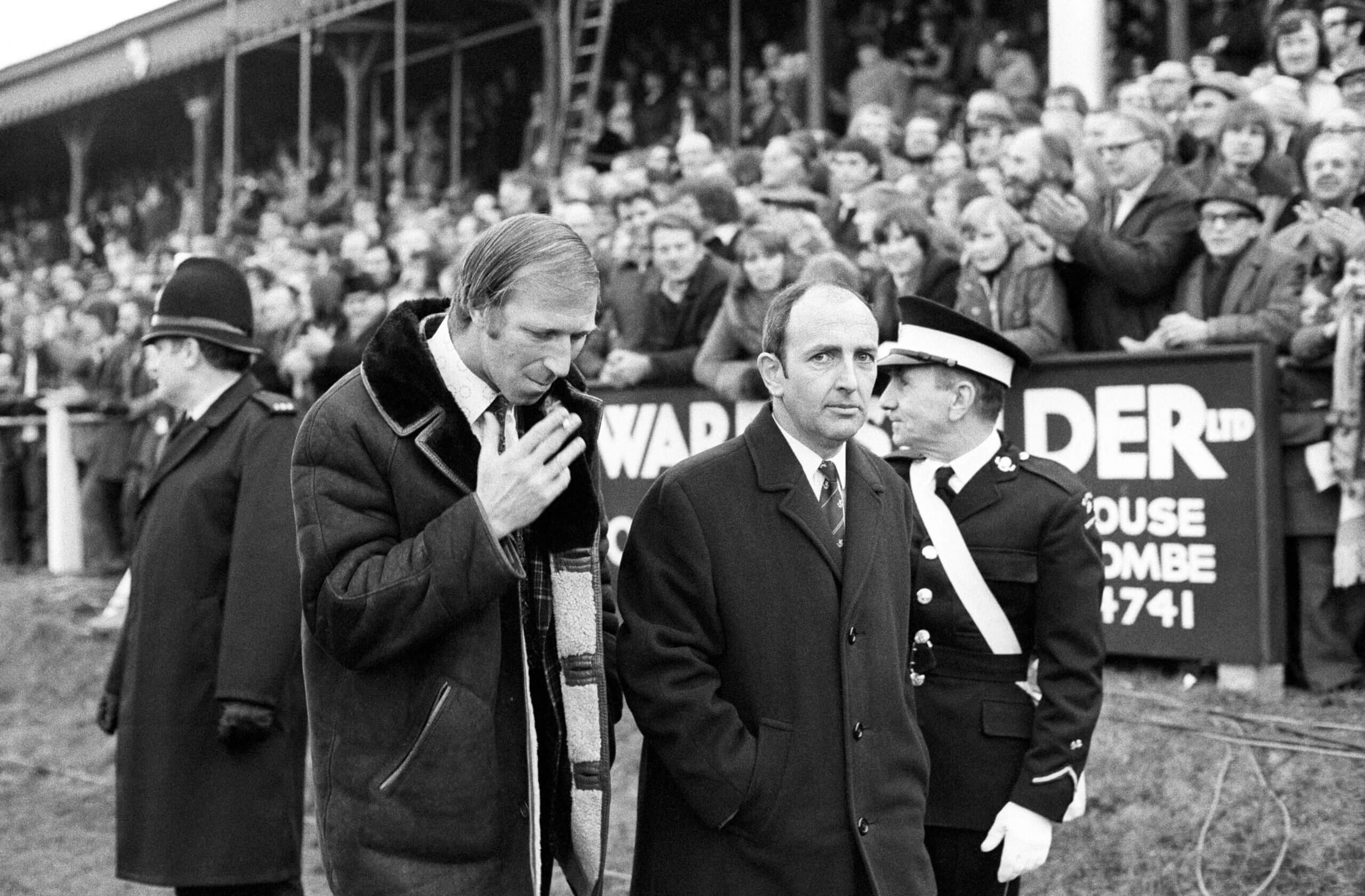
Many footballers strive to market themselves as unique talents; however, few can truly claim that title. Craig Johnston, an Australian football icon, is a rare exception. While he achieved remarkable success—winning five English league titles and a European Cup with Liverpool during the 1980s—his football accolades represent merely a fraction of his extraordinary life. Beyond the pitch, Johnston is an engineer, a businessman, a chart-topping musician, a television game show creator, and the inventor of a hotel mini bar security system. His career took an unexpected turn when he retired at the height of his sporting prowess, faced bankruptcy after investing millions in a football skills test for children, and has since become a passionate photographer.
When asked about his remarkable journey, Johnston remains surprisingly nonchalant. “I’m interested, but who knows if you’re interesting?” he states during a Zoom call from his home in Newcastle, Australia. “Some of the most boring people in the world think they’re interesting.” The story of Craig Johnston is indeed astonishing, yet it almost never unfolded in such a magnificent way.
A Passion for Football
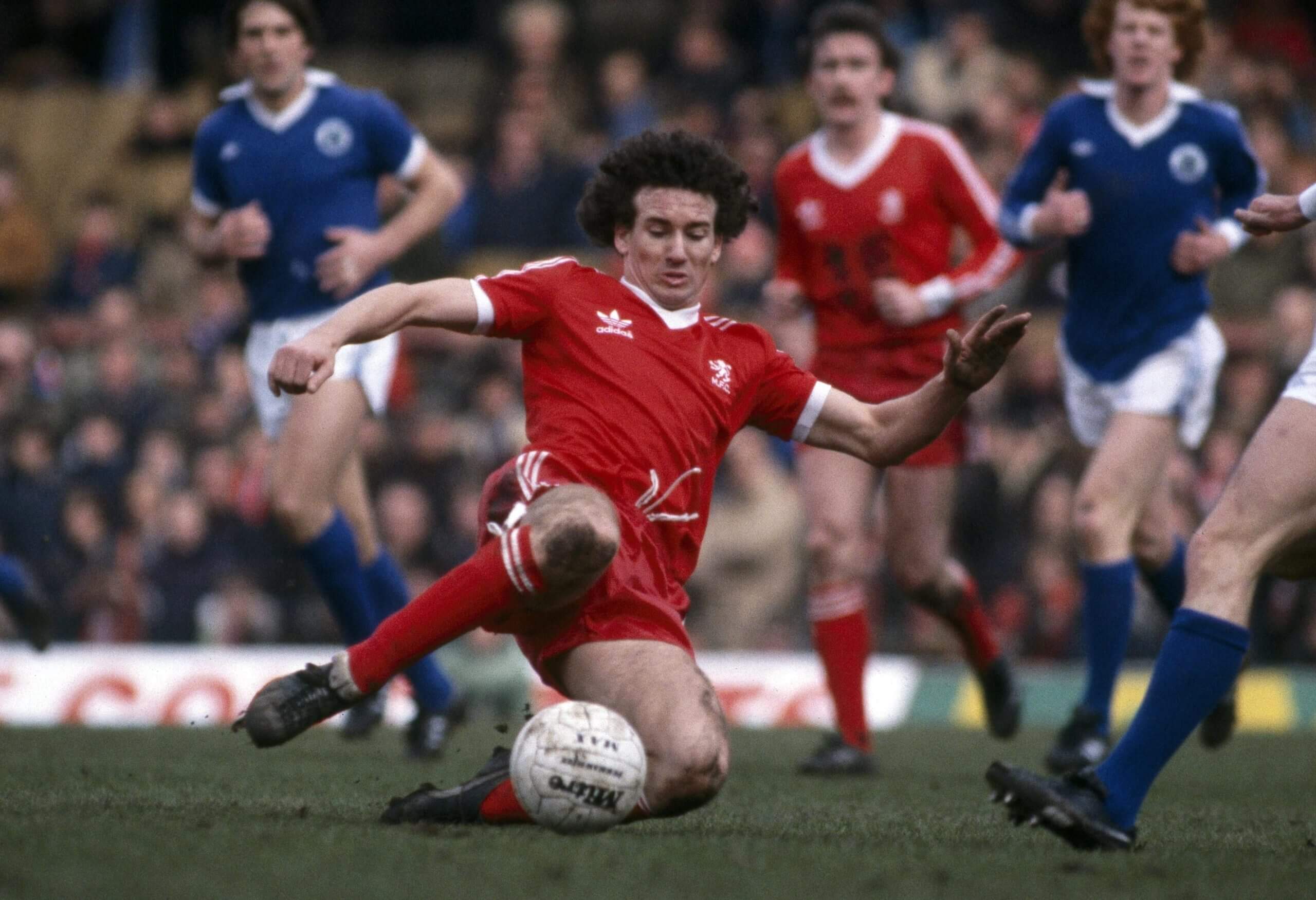
The son of Australian parents—Colin, an aspiring footballer, and Dorothy, a teacher—who met on a ship en route to the UK, Johnston developed an early affection for football as a safer alternative to rugby. Born in South Africa and later moving to Australia, Johnston was a skinny child with abundant enthusiasm and natural talent. However, his dreams of a football career were nearly extinguished by a severe leg condition diagnosed at the age of six.
Initially, doctors suspected polio and suggested amputation, but a specialist from the United States intervened, diagnosing osteomyelitis, a bone infection that could have caused permanent damage if untreated. After surgery, Johnston’s leg was saved, but he remained bedridden during recovery. It was during this time in the hospital that he fell in love with British football, inspired by the 1966 World Cup.
“I told one of the nurses, ‘I’m going to go to England and be a soccer player, and I’m going to score at Wembley one day,’” he recalls. The nurse laughed and patted him on the head, dismissing his dreams. Undeterred, Johnston negotiated with his parents: if he excelled in science, maths, and English, he could travel to England alone to chase his football aspirations.
The Journey to Middlesbrough
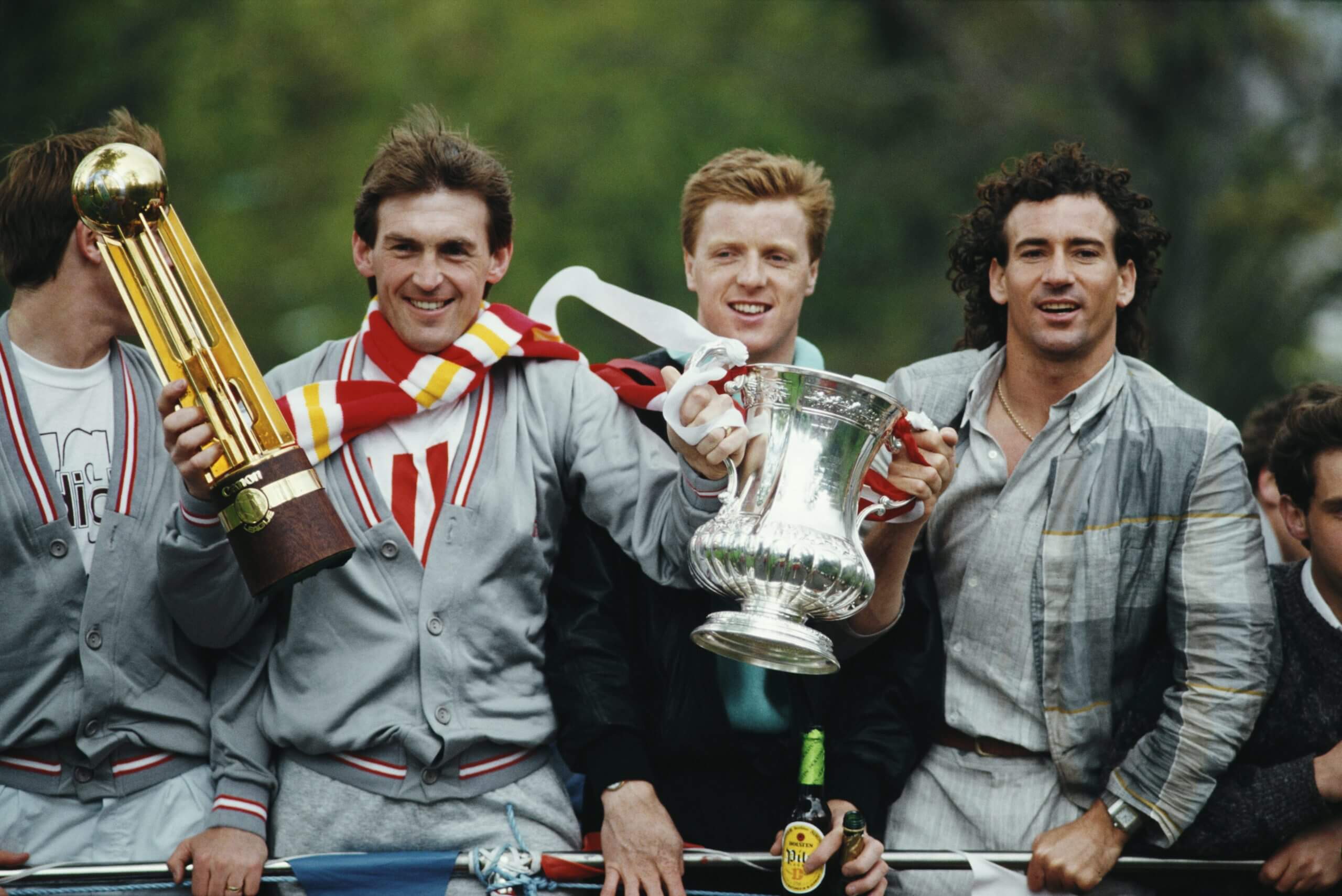
At the age of 14, Johnston reached out to various clubs for a trial, and Middlesbrough was the only one to respond, provided he could cover his travel and accommodation costs. His family made sacrifices, selling their home to finance his journey. A year later, Johnston arrived in the north east of England with little more than a small amount of cash, a bag of clothes, and a pair of second-hand boots.
His initial encounter with Middlesbrough manager Jack Charlton, a member of England’s 1966 World Cup-winning squad, was far from romantic. After an uninspiring first-half trial performance, Johnston faced harsh criticism. “He said, ‘You’re the worst f*ing football player I’ve seen in my life, now hop it,’” Johnston remembers. “I picked up my little bag, and it was freezing cold.” This setback, however, ignited his determination. He spent countless hours practicing in the Middlesbrough car park, cleaning cars and boots for the players.
After 18 months of hard work, Johnston caught the attention of new manager John Neal, who offered him a chance to play in the reserves. “He asked, ‘Where are you from?’ I replied, ‘I’m from Australia, I’m Craig Johnston.’ He said, ‘Are you an apprentice?’ I said, ‘No, I’m a trialist that didn’t quite work out.’” When the reserve team faced a player shortage, Johnston seized the opportunity to play and scored, leading to his debut for the first team soon after.
Success at Liverpool
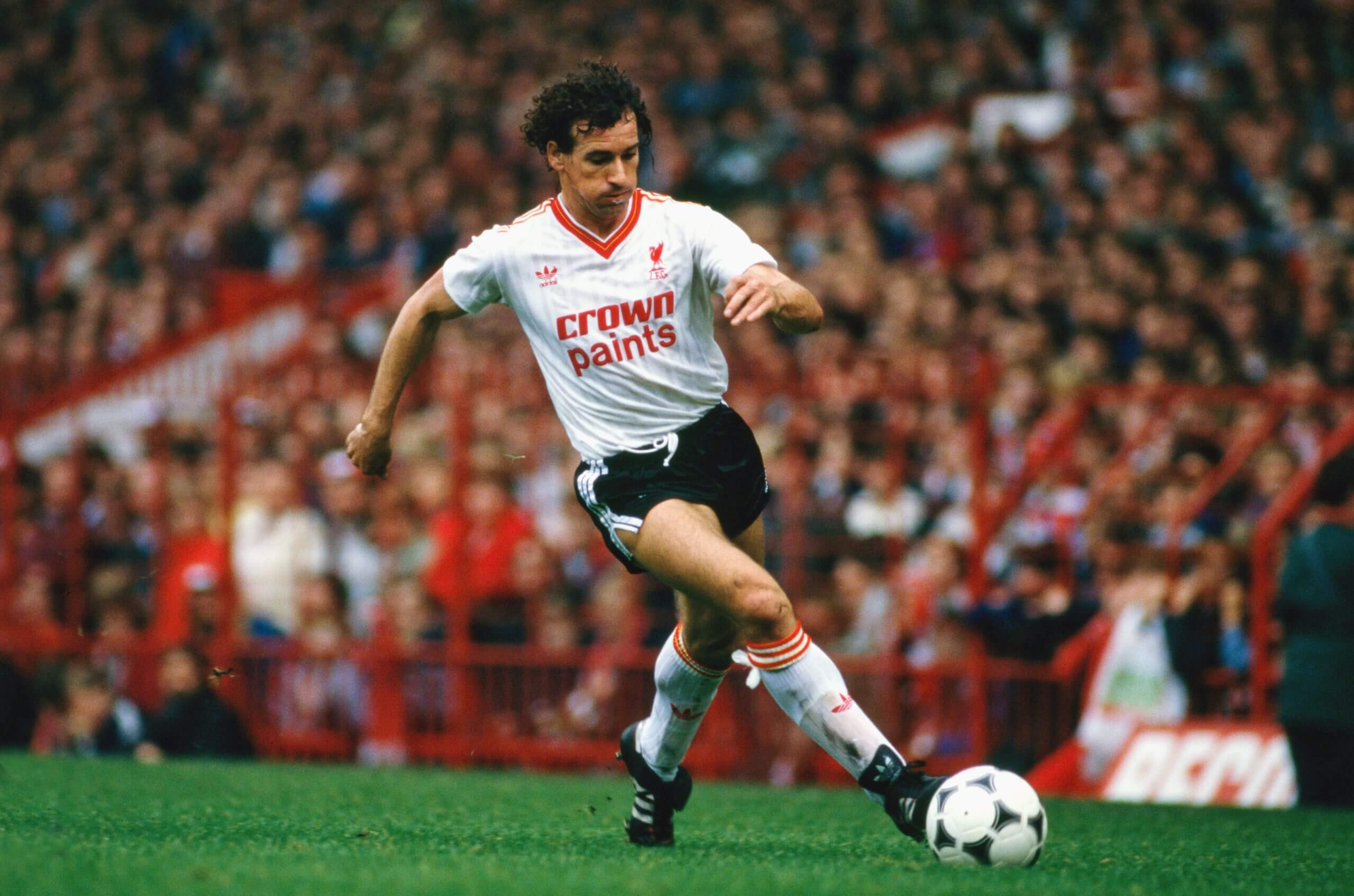
By 1981, Johnston’s talent had attracted interest from major clubs. Nottingham Forest, fresh off consecutive European Cup wins under Brian Clough, sought to sign him, as did Liverpool. Unsure of his decision, he consulted his father, who advised, “Forest is about a man, Clough, but Liverpool is an institution.” Ultimately, Johnston signed for Liverpool, turning down Clough’s offer, which infuriated the manager.
At Liverpool, where he was acquired for a then-record fee of £650,000, Johnston thrived. This was the golden era for Anfield, with the club winning 11 league titles between 1973 and 1990, along with multiple European Cups. Over seven seasons, Johnston scored 40 goals in 271 appearances, becoming a beloved figure with his signature curly hair and chunky jewelry.
“It had the lovely feel of a family club,” he says, reflecting on his time there. “Their insistence on professionalism made me grow up quickly.” Johnston fondly remembers the 1986 double-winning season under player-manager Kenny Dalglish, where he scored in the FA Cup final against Everton. “I could have died a happy man because that was my dream as the kid in the hospital bed,” he recalls.
The Anfield Rap and Beyond
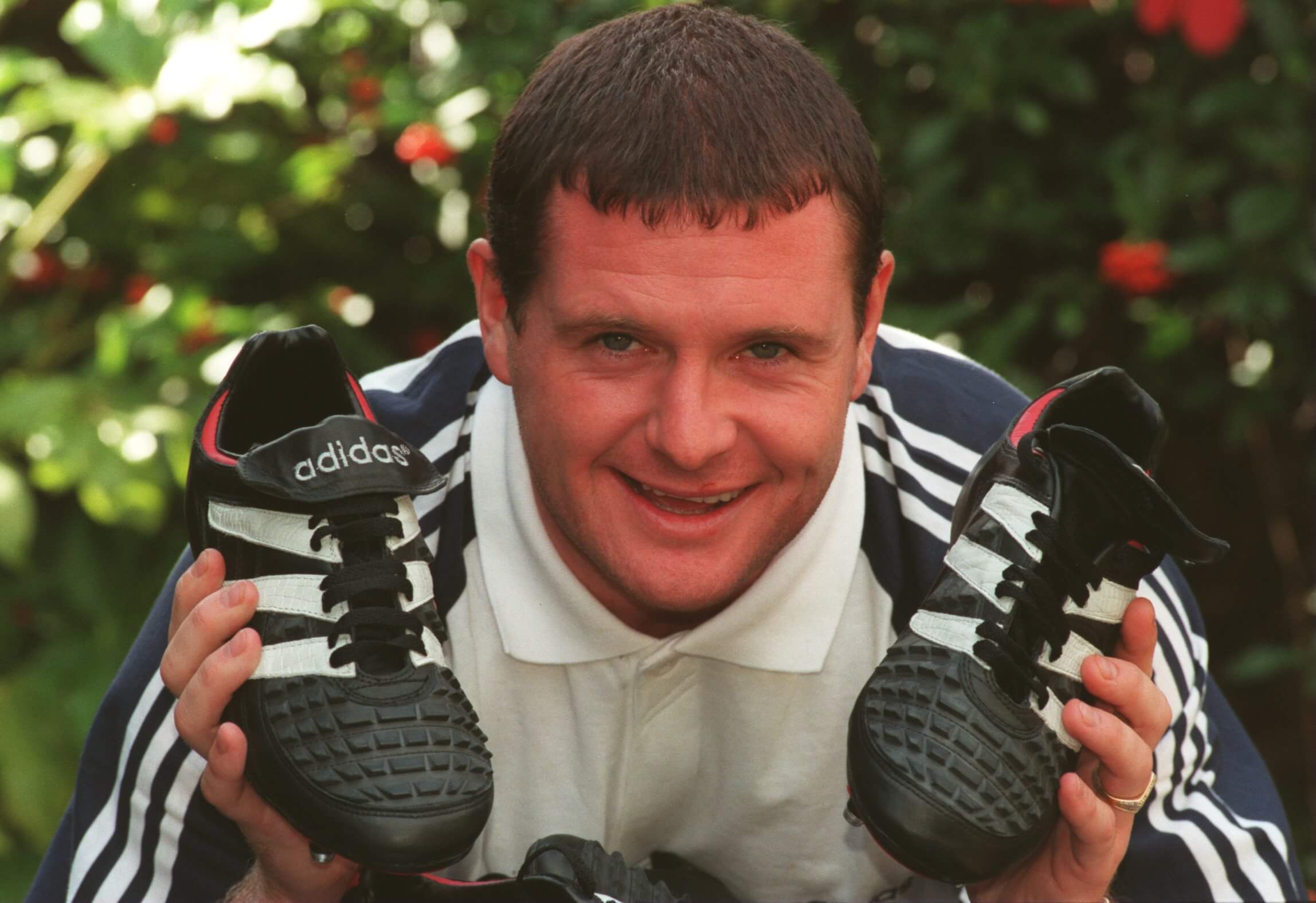
In 1988, Johnston co-wrote Liverpool’s official song for the FA Cup final, the “Anfield Rap,” which became an unexpected hit, reaching No. 3 in the UK charts. “It was a celebration of the diversity within the squad,” he explains. A year prior, he had mixed two popular Liverpool chants into a record that only reached number 81 but had a resurgence in popularity.
Johnston was also involved in the 1990 World Cup song “World in Motion,” collaborating with John Barnes and the band New Order. His idea to incorporate a rap section was a hit, and the song reached No. 1, earning acclaim as one of the greatest football songs ever written.
A Sudden End to His Playing Career
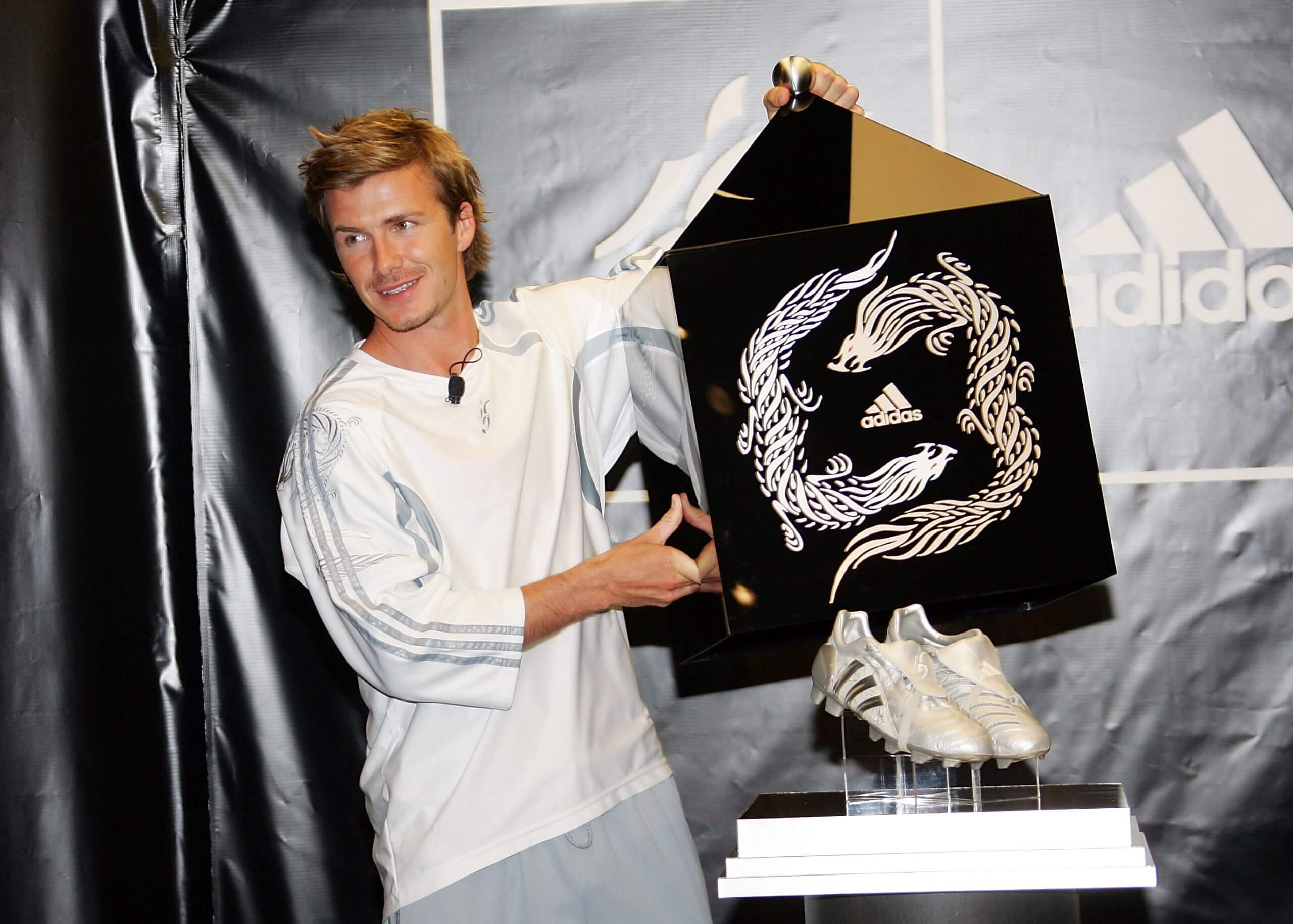
Despite the highs, the 1988 FA Cup final against Wimbledon marked a sudden downturn in Johnston’s career. The shock defeat ended his professional playing days prematurely. During the year leading up to the final, Johnston dealt with a family tragedy: his younger sister Faye suffered severe brain damage from a gas leak in Morocco.
“No one at the club knew about Faye, other than the club secretary and Kenny Dalglish,” Johnston shares. “I had to miss training to be with her.” Eventually, Faye had to return to Australia, and Johnston chose to accompany his family, thus ending his football career. “Faye never recovered, and I see her a couple of times a week,” he says somberly.
Life After Football

Though many would have been crushed by the abrupt end to a stellar career, Johnston viewed it as a new beginning. “I was an inventor who became a soccer player,” he reflects—particularly in reference to his innovative spirit, which he nurtured during his time cleaning boots.
His passion led to the creation of the iconic Predator football boots, inspired by a coaching session with children in Australia. “I suggested they use their foot like a table tennis bat,” he recalls. “They said the ball was spinning off their boots because they were made of leather.” After years of development and failed pitches to various manufacturers, Johnston finally caught the attention of Adidas, who saw the potential in his design.
Though the Predator became a massive success, Johnston faced challenges with his partnership. He had sold his rights too early and, while the boot became iconic, he admits he may not have even broken even from it.
Continued Creativity and Challenges

Johnston’s inventive spirit didn’t stop with the Predator. He designed another boot, “The Pig,” aimed at providing better grip and control, but it never made it to market. He also created a family game show called “The Main Event” and developed a hotel mini bar system called “The Butler.” However, his ambitious project, SupaSkills—a football skills assessment for children—led to financial ruin when it failed to secure funding, resulting in bankruptcy in 2004.
Despite these setbacks, Johnston remains resilient. “I’ve lived on the brink; my passion for ideas has always outweighed my financial sense,” he admits. Today, he finds solace in photography and continues to work on new football boot designs.
Reflections and Future Aspirations

Though not a frequent visitor to the UK, Johnston made a poignant return to Liverpool just before Christmas, experiencing a wave of nostalgia. “When you live 12,000 miles away, you forget where you were,” he reflects. At 64, he embodies resilience. “I’ll never be a victim because there’s always a solution. I’ve far from given up—I’m just beginning.”
(Top photo: Courtesy of Craig Johnston)
